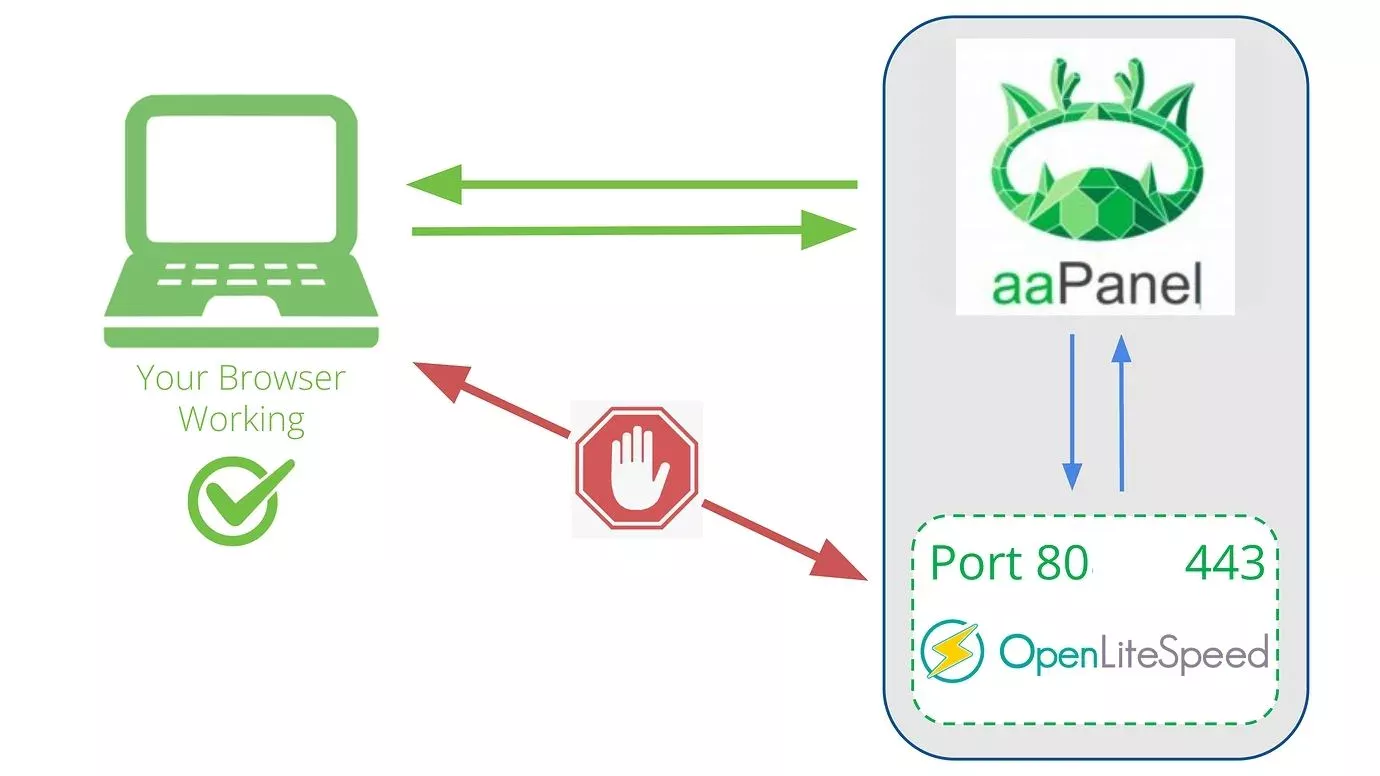Introduction:
Measuring the success of Search Engine Optimization (SEO) efforts is a crucial aspect for businesses and marketers. There are several metrics that can be used to evaluate the performance of SEO, but determining the right metrics to track can be challenging. One of the most widely used tools for tracking SEO metrics is Google Analytics. In this article, we will be discussing 5 Google Analytics strategies to measure SEO success. These strategies have been widely used by SEO experts to analyze their SEO performance and make data-driven decisions.
-
Track Traffic and Conversion Metrics
One of the most important metrics to track when evaluating SEO success is website traffic and conversion metrics. This involves monitoring the number of visitors to your website, how they interact with your site, and how they convert into customers. By analyzing these metrics, you can determine how well your SEO efforts are impacting the number of visitors to your website and how they are converting into customers.
To track traffic and conversion metrics, you can use the “Audience” and “Conversion” sections in Google Analytics. In the “Audience” section, you can track metrics such as the number of visitors to your site, the average session duration, and the bounce rate. In the “Conversion” section, you can monitor the number of conversions and the conversion rate.
According to John Lincoln, CEO of Ignite Digital, tracking traffic and conversion metrics is a must-do for any SEO campaign. He says, “Traffic and conversion metrics are key indicators of SEO success. They allow you to determine if your SEO efforts are increasing the number of visitors to your site and if those visitors are converting into customers.”
-
Monitor Organic Search Traffic
Organic search traffic is a crucial metric to track when evaluating SEO success. This refers to the number of visitors who reach your website through organic search results, as opposed to paid search ads. By monitoring the number of visitors who reach your site through organic search, you can determine if your SEO efforts are driving relevant and valuable traffic to your website.
To track organic search traffic, you can use the “Acquisition” section in Google Analytics. In this section, you can view the number of visitors who reach your site through organic search, as well as the keywords they used to find your site. You can also view the percentage of total traffic that comes from organic search.
According to Rand Fishkin, founder of SparkToro, monitoring organic search traffic is essential for measuring SEO success. He says, “Organic search traffic is the most valuable traffic you can receive from search engines. By monitoring this metric, you can determine if your SEO efforts are driving relevant and valuable traffic to your site.”
-
Track Page Speed Metrics
Page speed is a crucial ranking factor for search engines, and it is also an important factor for website visitors. If your website takes too long to load, visitors are likely to leave and find a faster alternative. By tracking page speed metrics, you can determine if your website is loading fast enough to provide a good user experience.
To track page speed metrics, you can use the “Site Speed” section in Google Analytics. In this section, you can view the average load time for your website, as well as the average load time for specific pages. You can also view the percentage of visitors who leave your site before it has finished loading.
According to Casey Markee, founder of MediaWyse, tracking page speed metrics is critical for SEO success. He says, “Page speed is a crucial ranking factor for search engines and it is also an important factor for website visitors. By tracking page speed metrics, you can determine if your website is providing a good user experience and if it is impacting your SEO performance.”
-
Monitor Keyword Rankings
Keyword rankings are an important metric to track when evaluating SEO success. By monitoring the ranking of your website for specific keywords, you can determine if your SEO efforts are improving your website’s visibility in search results.
To track keyword rankings, you can use a keyword tracking tool or a rank tracking tool. These tools allow you to track the ranking of your website for specific keywords, as well as the ranking of your competitors. This information can be used to determine the effectiveness of your SEO efforts and make data-driven decisions.
According to Ian Lurie, CEO of Portent, monitoring keyword rankings is crucial for measuring SEO success. He says, “Keyword rankings are an important metric to track because they help you determine if your SEO efforts are improving your website’s visibility in search results. By monitoring keyword rankings, you can make data-driven decisions and optimize your SEO strategy for better results.”
-
Track Backlink Metrics
Backlinks are an important factor for search engines to determine the authority and relevance of your website. By monitoring backlink metrics, you can determine if your SEO efforts are increasing the number of high-quality backlinks to your site, which can improve your website’s visibility in search results.
To track backlink metrics, you can use a backlink analysis tool, such as Ahrefs or Moz. These tools allow you to monitor the number of backlinks to your site, the quality of those backlinks, and the pages on your site that are receiving the most backlinks.
According to Neil Patel, founder of Crazy Egg, tracking backlink metrics is essential for measuring SEO success. He says, “Backlinks are an important factor for search engines to determine the authority and relevance of your website. By monitoring backlink metrics, you can determine if your SEO efforts are increasing the number of high-quality backlinks to your site and improving your website’s visibility in search results.”
Conclusion:
Measuring the success of SEO efforts is a crucial aspect for businesses and marketers. Google Analytics is a powerful tool for tracking SEO metrics, and by using the strategies discussed in this article, you can make data-driven decisions and optimize your SEO strategy for better results. These strategies include tracking traffic and conversion metrics, monitoring organic search traffic, tracking page speed metrics, monitoring keyword rankings, and tracking backlink metrics. By tracking these metrics, you can determine the effectiveness of your SEO efforts and make data-driven decisions for better results.

















